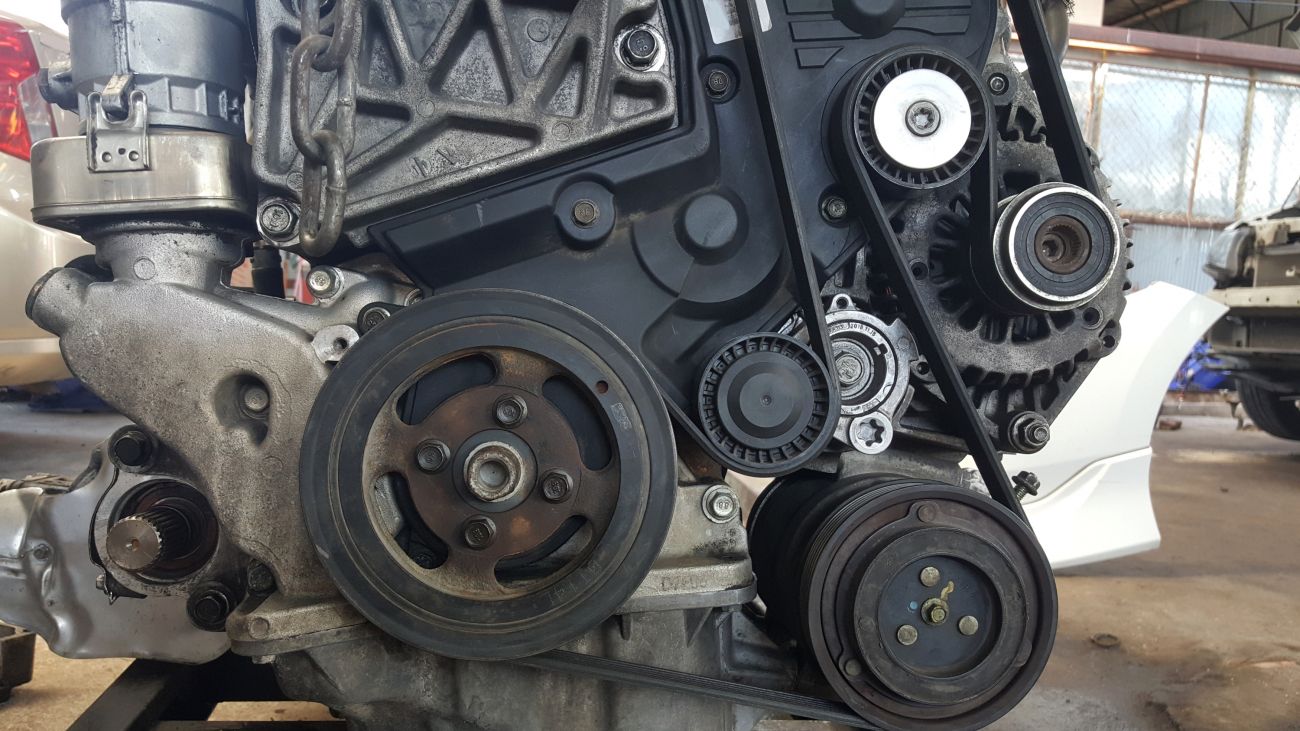Maruti Suzuki, Hyundai, Tata Motors Report Highest Record Dealer Dispatches in FY23

New Delhi, India – Maruti Suzuki, Hyundai, and Tata Motors—India’s three largest carmakers—have reported record dispatches to dealers in the fiscal year 2022-2023, enabling the domestic passenger vehicle sector to record its best-ever performance to date. Maruti Suzuki India, the country’s largest carmaker, recorded its highest wholesales to date at 19,66,164 units, up 19 percent from 16,52,653 units in 2021-22, and domestic dispatches increased to 17,06,831 units in 2022-23, up 21 percent from 14,14,277 units in 2021-22. Hyundai Motor India reported that its overall wholesales were the highest since the company began operations in the country. Last fiscal year, the automaker delivered 7,20,565 units to dealers, an increase of 18 percent from 6,10,760 units in 2021-22, and domestic dispatches increased 18 percent year on year to 5,67,546 units, up from 4,81,500 units in fiscal 2021-22. The country’s second-largest automaker said it was its best result in terms of domestic market sales volume in a fiscal year to date. Tata Motors also recorded the highest-ever domestic passenger vehicle dispatches last fiscal year, at 5,38,640 units, up 45 percent from 3,70,372 units in FY22.
Overall industry sales increased 27 percent from the prior year to 38.89 lakh units. Despite a continued shortage of chips, Maruti Suzuki reported its highest-ever sales in a fiscal year, with the SUV segment contributing 43 percent to the overall domestic passenger vehicle industry, while hatchbacks contributed 35 percent, down from 46 percent in 2016-17. Hyundai’s FY22-23 performance was phenomenal, with the launch of seven segment-defining products catering to various segments. Meanwhile, Tata Motors reported steep industry development, fueled by pent-up demand, several new car launches, and the end of semiconductor shortages. The company set a new sales record with its highest-ever annual domestic sales of 5,38,640 units, a 46 percent increase over FY22 and its third consecutive year of industry-beating growth.
The electrification trend would continue to strengthen, and demand for personal vehicles would remain strong; however, the growth rate of the passenger vehicle industry could moderate due to a strong base effect and macro factors such as rising interest rates, rising inflation, and the cost impact of progressive regulatory norms.
Image Source: Magic Wand Media



 Facebook
Facebook.png) Twitter
Twitter Linkedin
Linkedin Subscribe
Subscribe